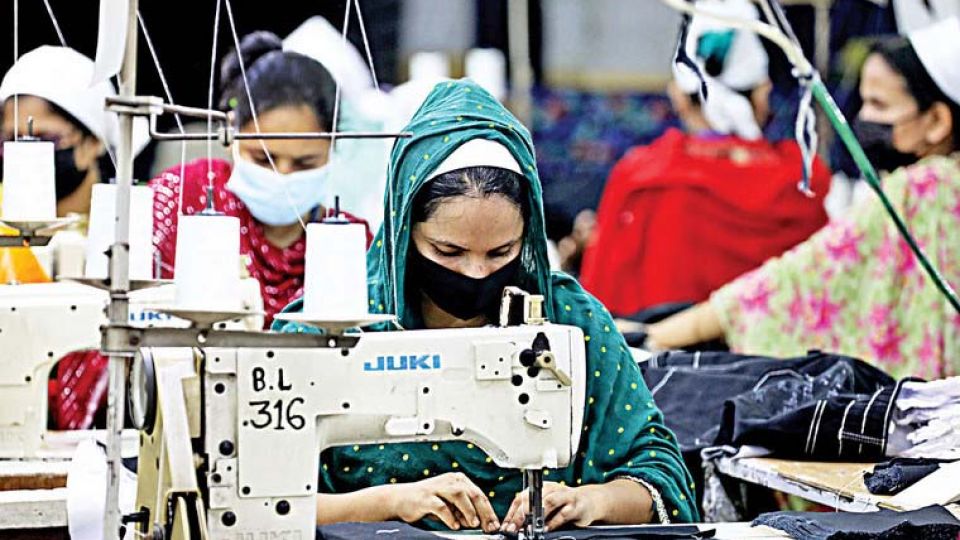July 29, 2024
DHAKA – The garment and textile millers kept factories open on last Friday in an effort to meet the sharp deadline set by their international retailers, as the latest weeklong countrywide violence ate up four vital days of their peak production season.
Amid the perennial inadequate supply of gas and power outages, last week’s internet shutdown came as a major challenge for the manufacturers, as they failed to send the inspection reports to their buyers online, which they have to do regularly.
The local garment manufacturers are frantically trying to cover up the losses as July, August and September are the peak months for shipping goods to the western buyers, which they will sell in the upcoming Christmas, the biggest retail sales season in the western world.
Many owners are also running their factories for additional hours, using overtime to adhere to the strict lead time in an effort to avoid going for expensive air shipments, giving big discounts or cancellation of work orders from the buyers.
The violence centring the quota reform movement eroded the foreign retailers’ confidence in Bangladesh to a great extent, as many of the local garment suppliers have received 30 percent to 40 percent fewer work orders than usual as the buyers are following a go-slow policy.
Consequently, the international retailers and brands did not place fresh work orders and also did not confirm the price level for the goods meant for the next summer and spring, which they were supposed to do last week, the exporters said.
“I have been running my unit even on Friday as I have counted a huge loss because of the four-day factory shutdowns following the violence,” said a garment exporter asking not to be named.
However, the exporter could not run the factory on Friday in full swing because of long power cuts.
“I am worried about how I will pay the workers’ July salary as I made a loss this month and I failed to confirm goods’ prices due to the internet disruption,” the exporter said.
Shaif Ullah Mansur, managing director of Chattogram-based Mellow Fashions Ltd, said he used to run night shifts in his factory in peak production seasons when pressure from the buyers increases.
But this year he preferred not going for night shifts amid fears of being affected by violence although the work pressure is immense now. Mansur said the monthly income from his 800-worker factory is Tk 5 crore and he lost Tk 1 crore of his monthly income because of the weeklong violence.
“My American buyers are now asking me whether I am capable of supplying the goods in time if new work orders are placed.”
Mohammad Zaber, managing director of Noman Group, the single largest textile and garment exporter of Bangladesh, said his company lost 40 percent of the monthly work orders because of the factory and mill shutdown and internet suspension.
This is the peak season for Zaber’s company for the confirmation of work orders for the next summer and spring seasons.
He said his company has been communicating with the buyers for a time extension for shipment. Moreover, the shipment time extension does not end the problem, he said.
The commercial shipping vessels, which carry the export goods, have to follow a tight global schedule to meet the increased competitiveness since the beginning of the Covid-19 pandemic, the Russia-Ukraine war and the Red Sea crisis, he said.
Instant communication is very important in garment trade and both the buyers and suppliers use WhatsApp now, but the sad part is the service is down now, he added.
Two garment exporters said they lost one million pieces of garment production each during the last weeklong violence and now he is working day and night to cover up the losses and ship goods timely.
Mohammad Hatem, executive president of Bangladesh Knitwear Manufacturers and Exporters Association, said many factory managements ran their units on Friday but still many of them will have to face air shipment.


